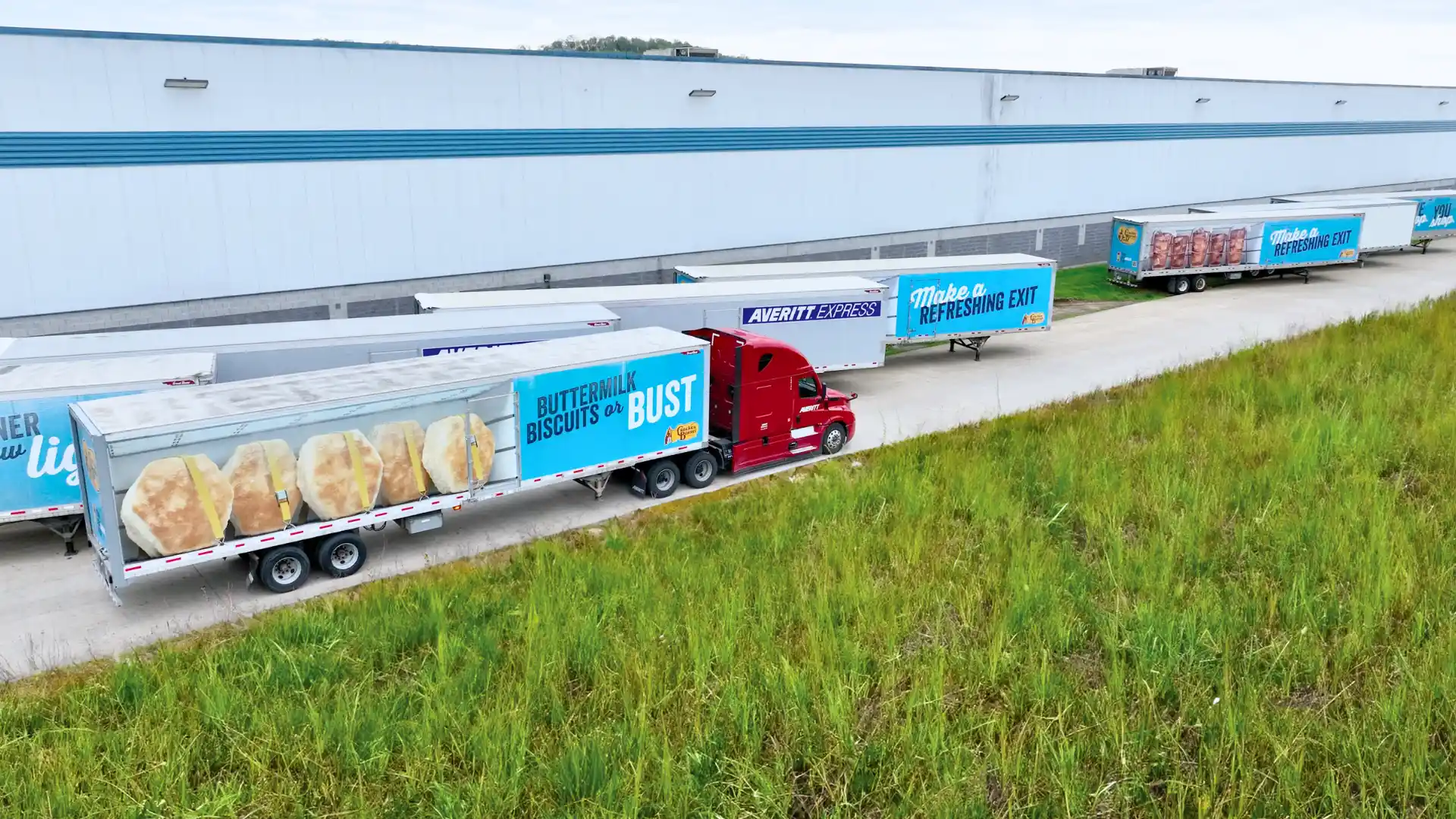Cargo theft has been a persistent issue in the logistics industry, but the first quarter of 2024 saw a significant uptick in cargo theft incidents. Driven by ongoing supply chain disruptions and shortages, data reveals a near-record level of thefts expected this year, with 925 reported incidents in just the first three months of 2024. This represents a 46% increase compared to the same period last year, and the total value of stolen cargo is nearing $76 million.
As criminals adapt their methods and set their sights on new targets, it's crucial for businesses to stay informed and vigilant. Keeping informed on the latest data on cargo theft, the evolving tactics of thieves, and what companies can do to safeguard their goods can help prevent exacerbation of the problem.
Changing Targets and Tactics
Cargo thieves are not only increasing in number but also shifting their focus. Traditionally targeted items like electronics and pharmaceuticals remain at risk, but there's a growing trend towards food and beverage products. This shift is likely due to the relative ease of selling these items and their consistent demand. It’s also because thieves are employing more sophisticated methods, such as using counterfeit documents to hijack loads and exploiting weaknesses in tracking technology. Warehouses and distribution centers made up about half of the targeted theft due to the rise of strategic theft. Additionally, thieves are increasingly targeting less secure locations, such as unsecured parking lots and rest areas.

Factors Contributing to the Increase
Several factors contribute to the recent surge in cargo theft. Economic pressures and inflation are driving some individuals towards criminal activities as a means of survival. Supply chain shortages have created high demand for certain goods, making stolen cargo even more valuable on the black market. The rise of technology is both a boon for criminals and a way to their downfall. Vulnerabilities in existing security measures have been exposed, with many companies still relying on outdated technology and insufficient security protocols, along with new technology that allows them to steal load numbers and other freight information to trick you into giving them your freight.
Impact on the Industry
The impact of cargo theft on the logistics industry is profound. Financial losses extend beyond the value of the stolen goods, encompassing increased insurance premiums, disrupted operations, and damage to business reputations. According to CargoNet, the average loss value per incident for Q1 was approximately $282,000. Companies must also contend with the potential loss of customer trust if shipments are not delivered as promised.
Preventative Measures and Best Practices
To combat the rise in cargo theft, companies must adopt a multi-faceted approach to security. This includes investing in advanced tracking and monitoring technology, training employees on best practices, and collaborating with law enforcement agencies. Implementing stringent security protocols at all stages of the supply chain is crucial. Recommendations from industry experts include using high-security locks, experienced drivers, GPS tracking, and conducting thorough background checks on drivers.
As cargo thieves become more sophisticated and their tactics evolve, the logistics industry must remain vigilant. While there’s no way to eliminate the risk of cargo theft, using some proactive tactics like those listed above can greatly reduce the chance that your freight will become a statistic. It also helps to partner with a carrier with a reputation for safe, intact, on-time delivery.
With one of the industry’s lowest cargo claim rates year after year, and an on-time delivery percentage of 98, Averitt has the experience and expertise to help your cargo arrive safely at your destination each and every time. Freight security is one of our team’s top priorities, including regular safety audits of our facilities, video and monitoring technology, in-depth cargo and in-transit security training, pickup and delivery procedures that limit fraud, and thorough background checks for our associates.











